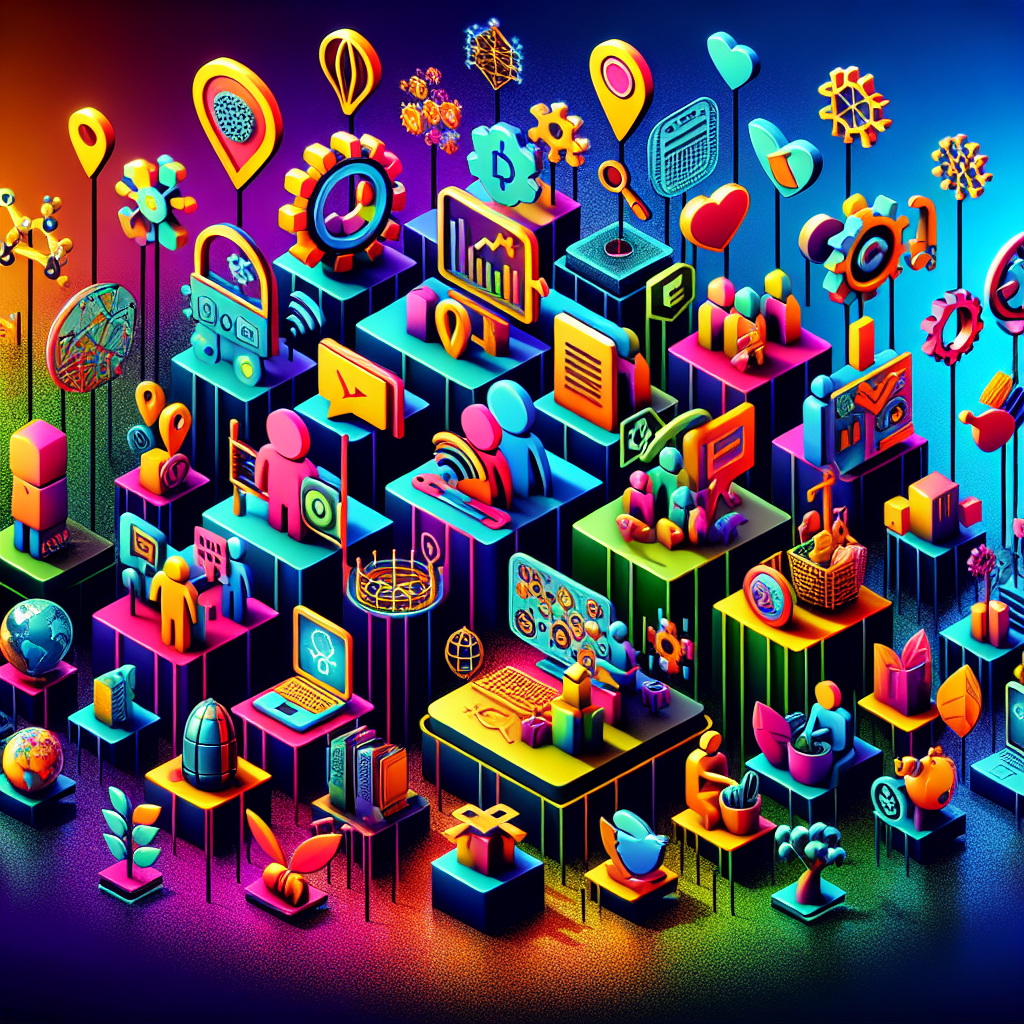
Artificial intelligence (AI) has permeated numerous aspects of our lives, transforming industries and redefining how we approach complex tasks. One of the most fascinating applications of AI is in the realm of writing. From crafting compelling novels to generating precise news articles, AI-powered writing is revolutionizing the literary world. This article explores how AI is reshaping writing, the technology behind it, and what this means for writers and readers alike.
Index
-
- Introduction to AI-Powered Writing
- The Technology Behind AI Writing
- Applications of AI in Writing
- The Benefits of AI-Powered Writing
- The Challenges of AI-Powered Writing
- The Future of AI-Powered Writing
- Conclusion
Introduction to AI-Powered Writing
AI-powered writing involves using machine learning algorithms and natural language processing (NLP) to create text. This technology can analyze large datasets of written content, understand patterns and structures, and generate new text that mimics human writing. AI writing tools have evolved significantly, and today, they can produce high-quality content that is almost indistinguishable from that created by humans.
The Technology Behind AI Writing
The backbone of AI-powered writing is machine learning, particularly deep learning models such as GPT (Generative Pre-trained Transformer). Developed by OpenAI, GPT-3, and its successors, these models are capable of understanding context, generating coherent paragraphs, and even engaging in conversation. Here’s a closer look at the technology:
Natural Language Processing (NLP)
NLP is a branch of AI that focuses on the interaction between computers and humans through natural language. It enables machines to read, understand, and respond to human language in a way that is both meaningful and useful. NLP techniques are crucial in AI writing, allowing algorithms to comprehend the nuances of language, including grammar, tone, and context.
Machine Learning and Deep Learning
Machine learning involves training algorithms on large datasets so they can make predictions or decisions without being explicitly programmed to perform the task. Deep learning, a subset of machine learning, uses neural networks with many layers to analyze various features of the data. These neural networks can learn complex patterns in text, making them ideal for generating human-like writing.
Applications of AI in Writing
AI-powered writing is being applied in various fields, transforming the way we create and consume written content. Some notable applications include:
Novels and Creative Writing
AI has shown impressive capabilities in creative writing. Authors and publishers are experimenting with AI to co-write novels, generate plot ideas, and even complete unfinished manuscripts. AI can analyze existing works of literature to create new content that aligns with the style and tone of the original author.
News Articles and Journalism
In journalism, AI is used to generate news articles, especially for topics that require quick turnaround times and large volumes of data analysis, such as financial reports and sports summaries. AI can sift through vast amounts of information, identify key points, and produce coherent articles within minutes, helping news organizations keep up with the demand for timely updates.
Marketing and Content Creation
In marketing, AI writing tools are employed to create engaging content for websites, social media, and advertising campaigns. These tools can generate product descriptions, blog posts, and ad copies that are tailored to specific audiences, optimizing the effectiveness of marketing efforts.
Academic Writing and Research
AI is also making strides in academic writing and research. Tools like Grammarly and Turnitin use AI to check grammar, improve writing style, and detect plagiarism. Additionally, AI can help researchers by summarizing large volumes of academic papers and identifying relevant sources for literature reviews.
The Benefits of AI-Powered Writing
The integration of AI into writing offers several benefits, enhancing productivity and creativity in various ways:
Increased Efficiency
AI can generate content quickly, significantly reducing the time required to write articles, reports, or stories. This increased efficiency allows writers to focus on more complex tasks that require human intuition and creativity.
Enhanced Creativity
AI writing tools can serve as creative partners, providing writers with new ideas and perspectives. By analyzing vast amounts of data, AI can identify trends and patterns that humans might overlook, inspiring fresh and innovative content.
Consistency and Accuracy
AI algorithms can maintain a consistent writing style and tone, ensuring that content remains uniform across different platforms and mediums. Additionally, AI can help eliminate grammatical errors and improve the overall quality of writing.
The Challenges of AI-Powered Writing
Despite its many advantages, AI-powered writing also presents several challenges that need to be addressed:
Ethical Concerns
One of the primary ethical concerns is the potential for AI-generated content to be used deceptively. Without proper oversight, AI could produce fake news, deepfake articles, or misleading information, undermining trust in written content.
Job Displacement
There is also concern about AI displacing human writers and journalists. As AI becomes more proficient at generating content, there is a fear that it could replace jobs traditionally held by humans, leading to unemployment and economic disruption.
Quality and Originality
While AI can generate high-quality content, it often lacks the depth and originality that come from human experience and creativity. AI-generated writing may be formulaic and repetitive, lacking the unique voice and insights of a human author.
The Future of AI-Powered Writing
The future of AI-powered writing is both exciting and uncertain. As technology continues to advance, we can expect AI to become even more integrated into the writing process, offering new tools and capabilities for writers. Here are some potential future developments:
Personalized Content
AI could be used to create highly personalized content tailored to individual readers' preferences. By analyzing data on readers' habits and interests, AI could generate articles, stories, and advertisements that resonate on a personal level.
Collaboration Between Humans and AI
The most promising future for AI-powered writing involves collaboration between humans and AI. Writers can leverage AI tools to enhance their creativity, improve efficiency, and produce higher-quality content while still maintaining their unique voice and perspective.
Advanced Language Models
As AI language models continue to improve, they will become even more adept at understanding and generating natural language. This will enable more sophisticated applications, such as AI-generated screenplays, interactive storytelling, and advanced language translation.
Conclusion
AI-powered writing is a transformative technology that is reshaping the way we create and consume written content. From novels to news articles, AI is proving to be a valuable tool for writers, offering increased efficiency, enhanced creativity, and improved accuracy. However, it also presents significant challenges, including ethical concerns, job displacement, and questions about quality and originality.
As we navigate the evolving landscape of AI writing, it is crucial to find a balance between leveraging the benefits of AI and addressing its challenges. By fostering collaboration between human writers and AI, we can harness the full potential of this technology to enhance and expand the human experience of writing.
The future of AI-powered writing is bright, with endless possibilities for innovation and creativity. As we continue to explore this exciting frontier, it is essential to approach it with an open mind, ethical considerations, and a commitment to preserving the unique qualities that make human writing so valuable and irreplaceable.

